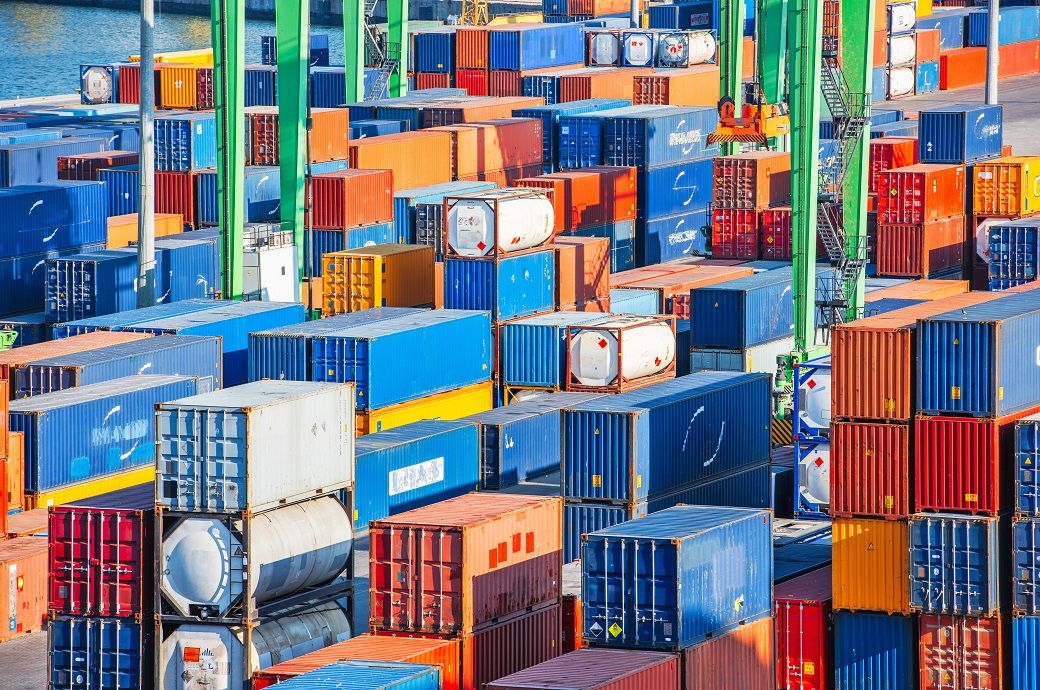
Global trade rose by about 1.5 per cent in the first quarter (Q1), with growth expected to accelerate to 2 per cent in the second quarter (Q2), UNCTAD said in its latest report on Global Trade.
Price increases contributed to the overall rise in trade value. Prices for traded goods edged up in the first quarter and likely continued to rise in the second, while trade volumes grew by just 1 per cent.
Developed economies outpaced developing countries in Q1 2025, reversing recent trends that had favoured the Global South. The shift was driven by a 14 per cent surge in United States imports and a 6 per cent jump in European Union (EU) exports.
In contrast, developing countries saw a 2 per cent drop in imports. South-South trade stagnated overall, though Africa bucked the trend with exports up 5 per cent and intra-regional trade growing 16 per cent year over year (YoY).
Trade imbalances deepened during the last four quarters, with the US posting a larger deficit and China and the European Union recording growing surpluses.
Bilateral trade deficits also expanded between the US and major partners, including China ($360 billion annually), the EU ($276 billion), and Vietnam ($116 billion).
The report warned that global trade faces mounting headwinds in H2 2025, amid persistent policy uncertainty, geopolitical tensions and signs of slowing global growth.
The introduction of new US tariffs—including a 10 per cent base rate and additional duties on steel and aluminium—has heightened concerns over trade fragmentation. Although retaliation has so far been limited, further unilateral actions risk sparking escalation, potentially impacting third-party countries and disrupting global supply chains.
At the same time, domestic subsidies and protectionist industrial policies, particularly in high-tech and strategic sectors, are expected to intensify, threatening the stability of highly interlinked production networks. Uncertainty in one area could ripple across others.
Despite these challenges, there are signs of resilience: freight indices have recovered from early 2025 lows, regional integration is gaining momentum, and services trade continues to show strong growth, added the report.
UNCTAD concluded that continued resilience in H2 2025 will depend on ‘policy clarity, geoeconomic developments and supply chain adaptability’.
ALCHEMPro News Desk (SG)
Receive daily prices and market insights straight to your inbox. Subscribe to AlchemPro Weekly!